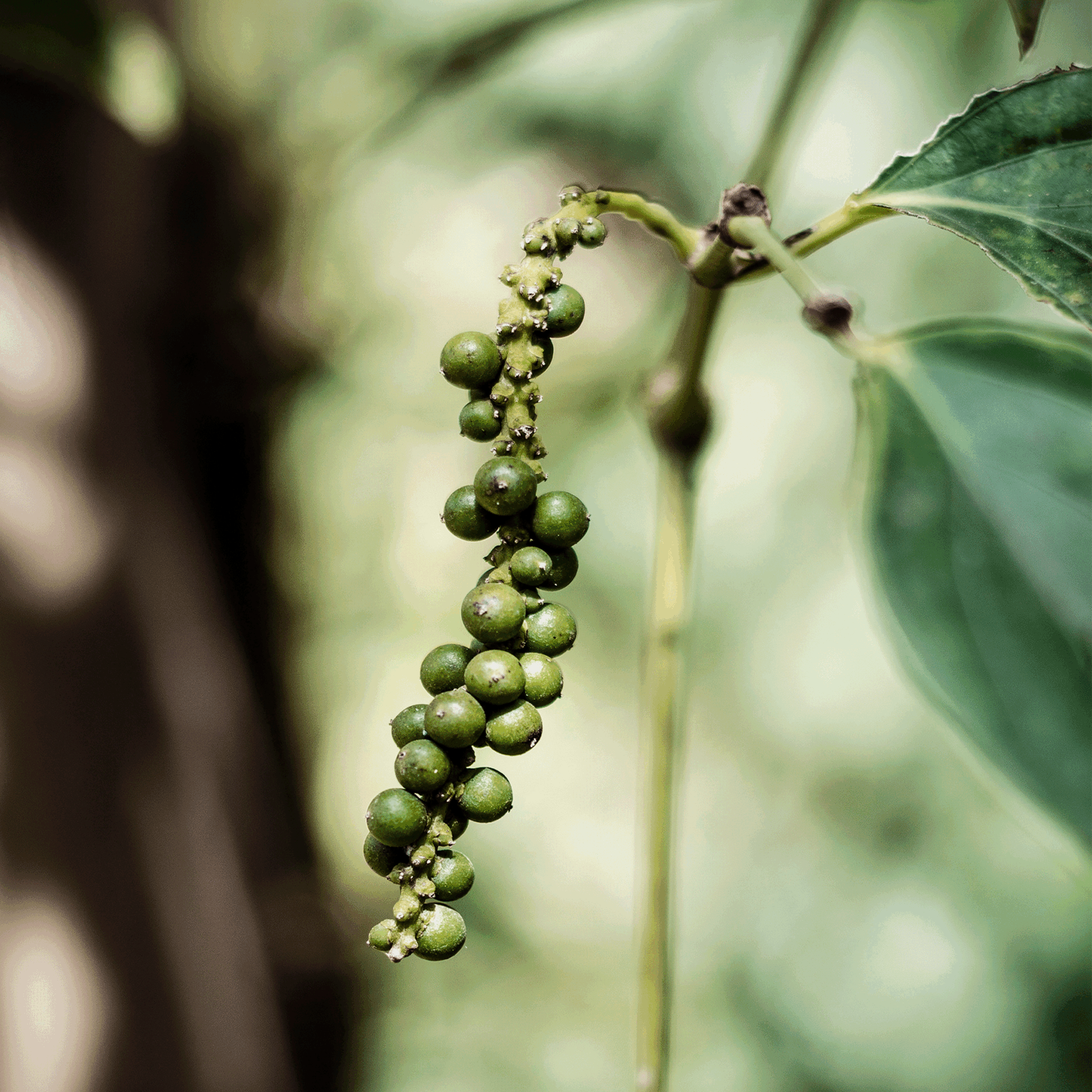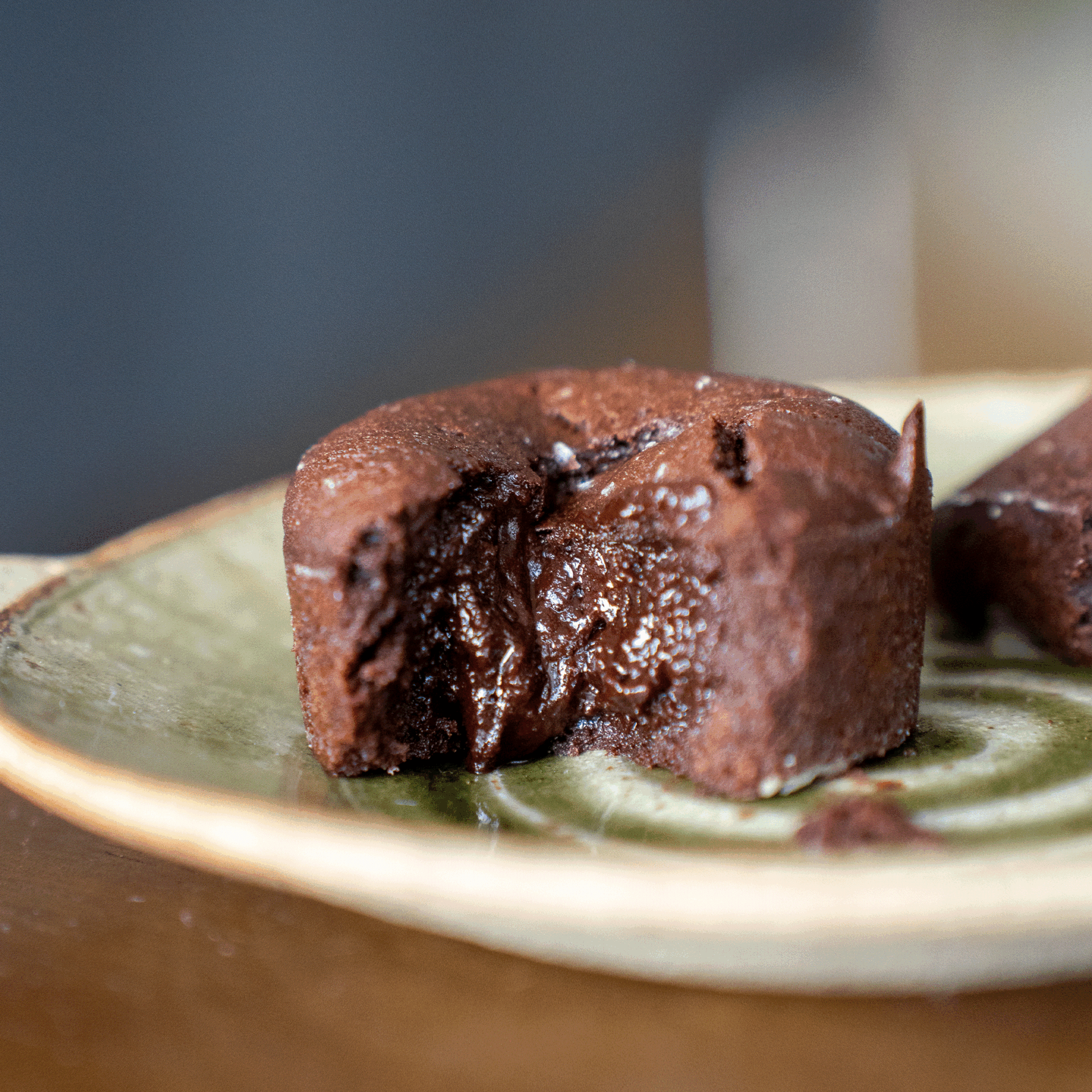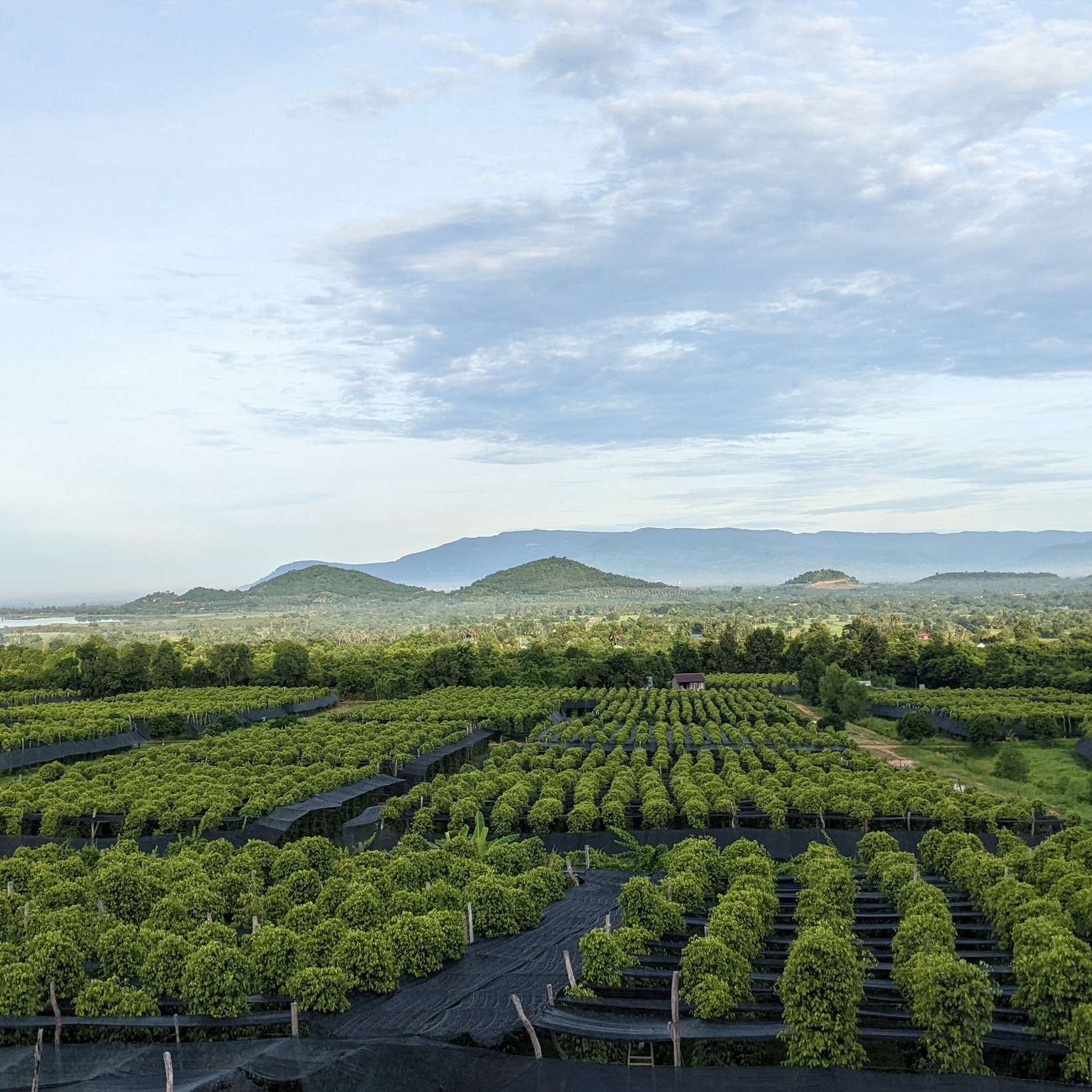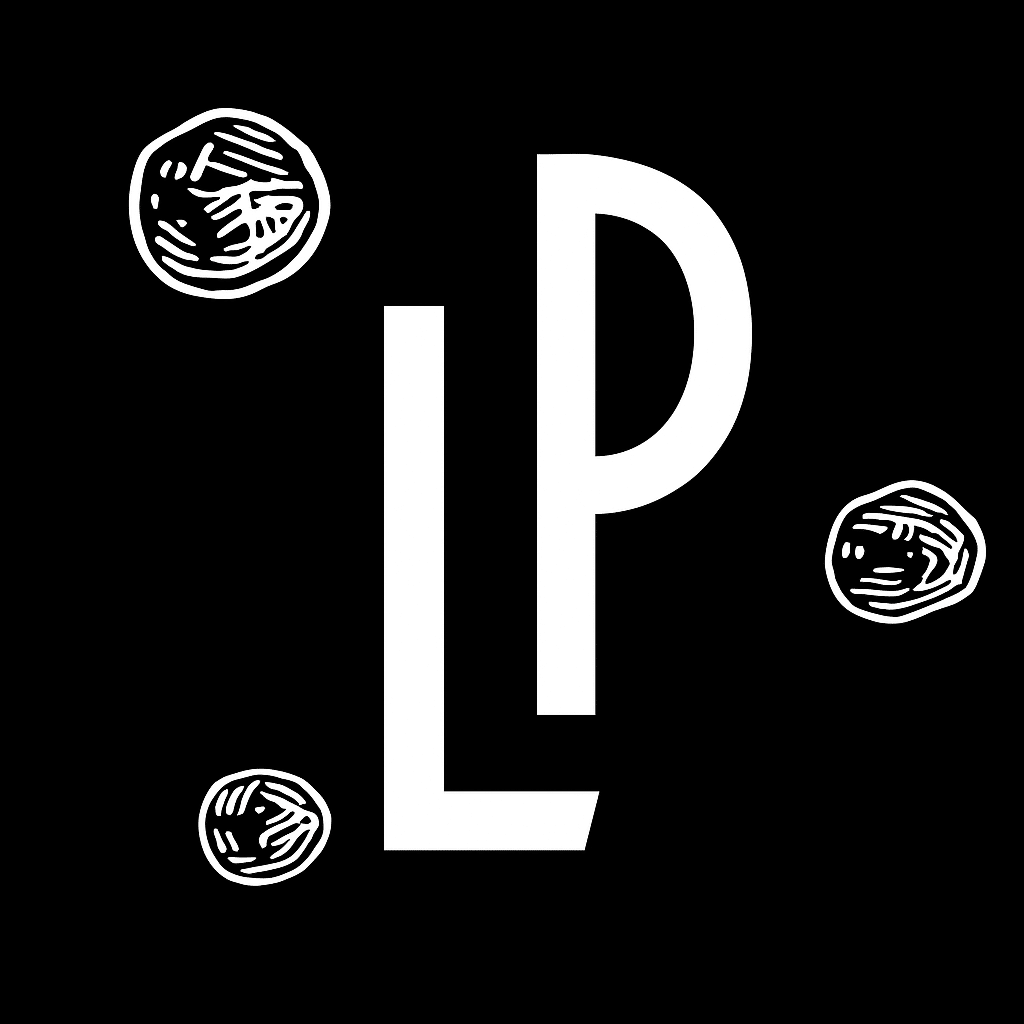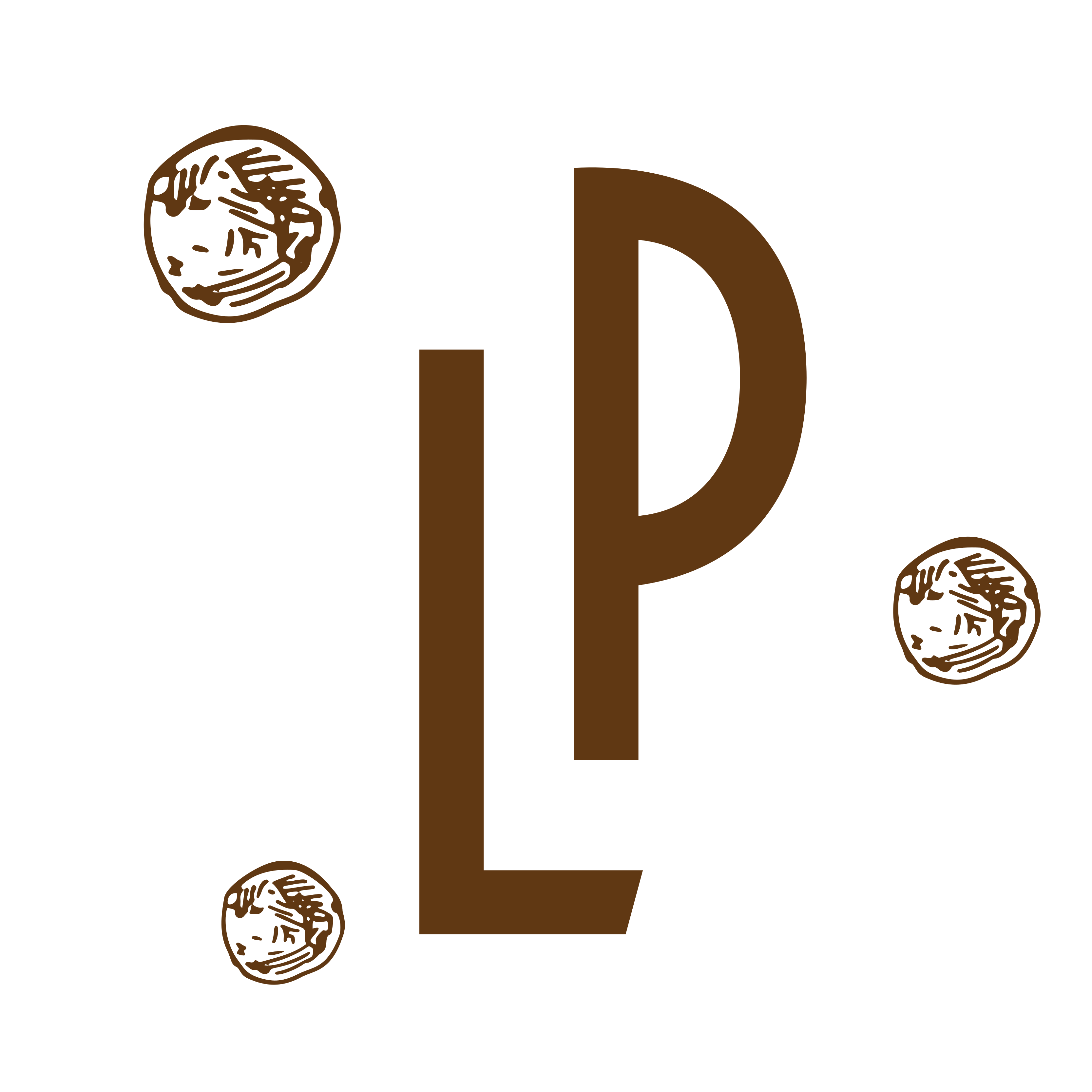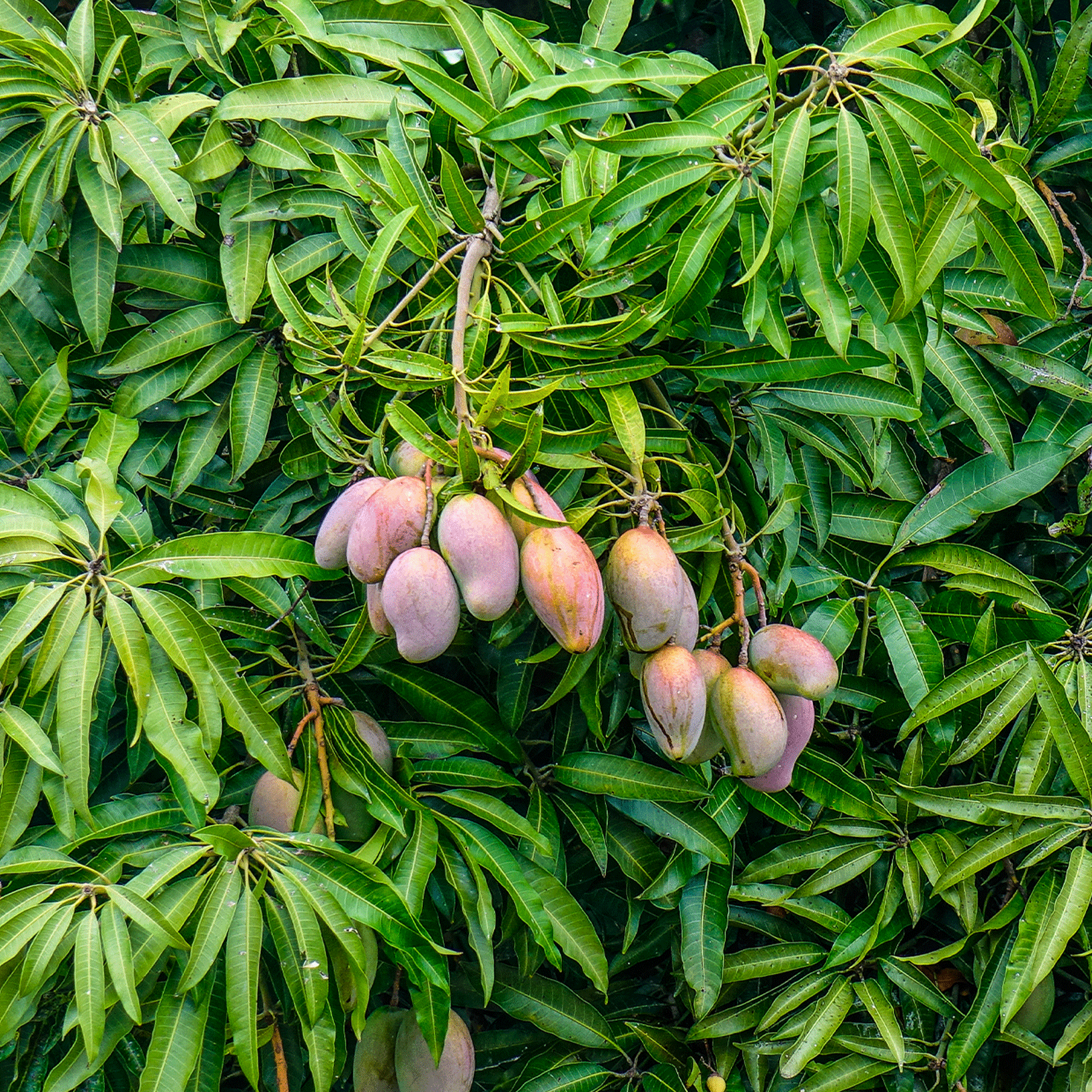
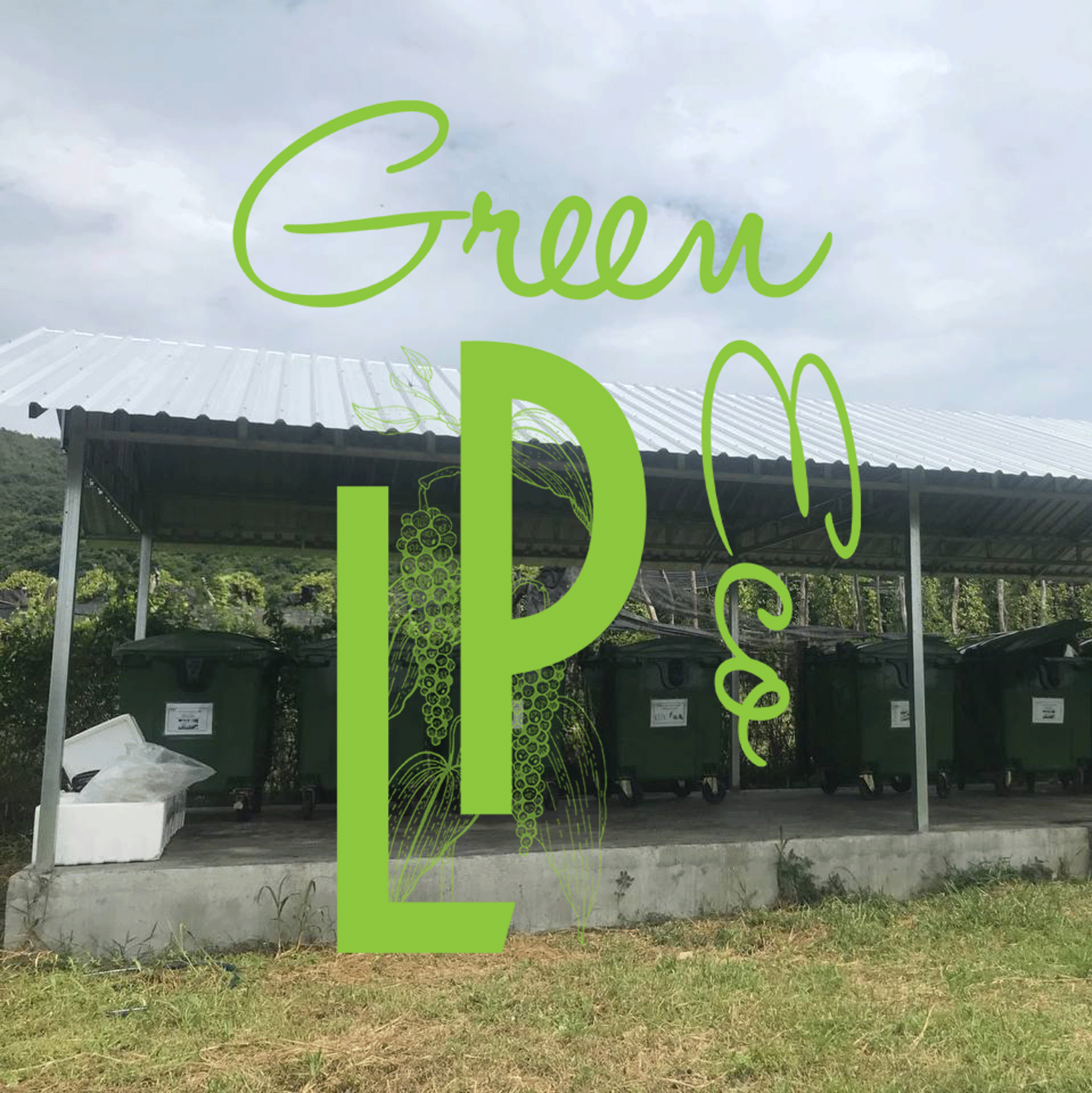
We tell you all about our waste management programme
Waste management in Cambodia is at the heart of our concerns, even if it remains an ambitious and complex project to implement!
Being located 20 kilometres from the city of Kampot, we do not benefit from the commune’s waste collection services. We have therefore set up an internal waste management programme called The Plantation Green Project.
We have taken this project on board to reduce our waste, recycle as much as possible or find ways to recover it. This programme is an integral part of our commitment to organic and responsible farming and our Fair Trade programme.
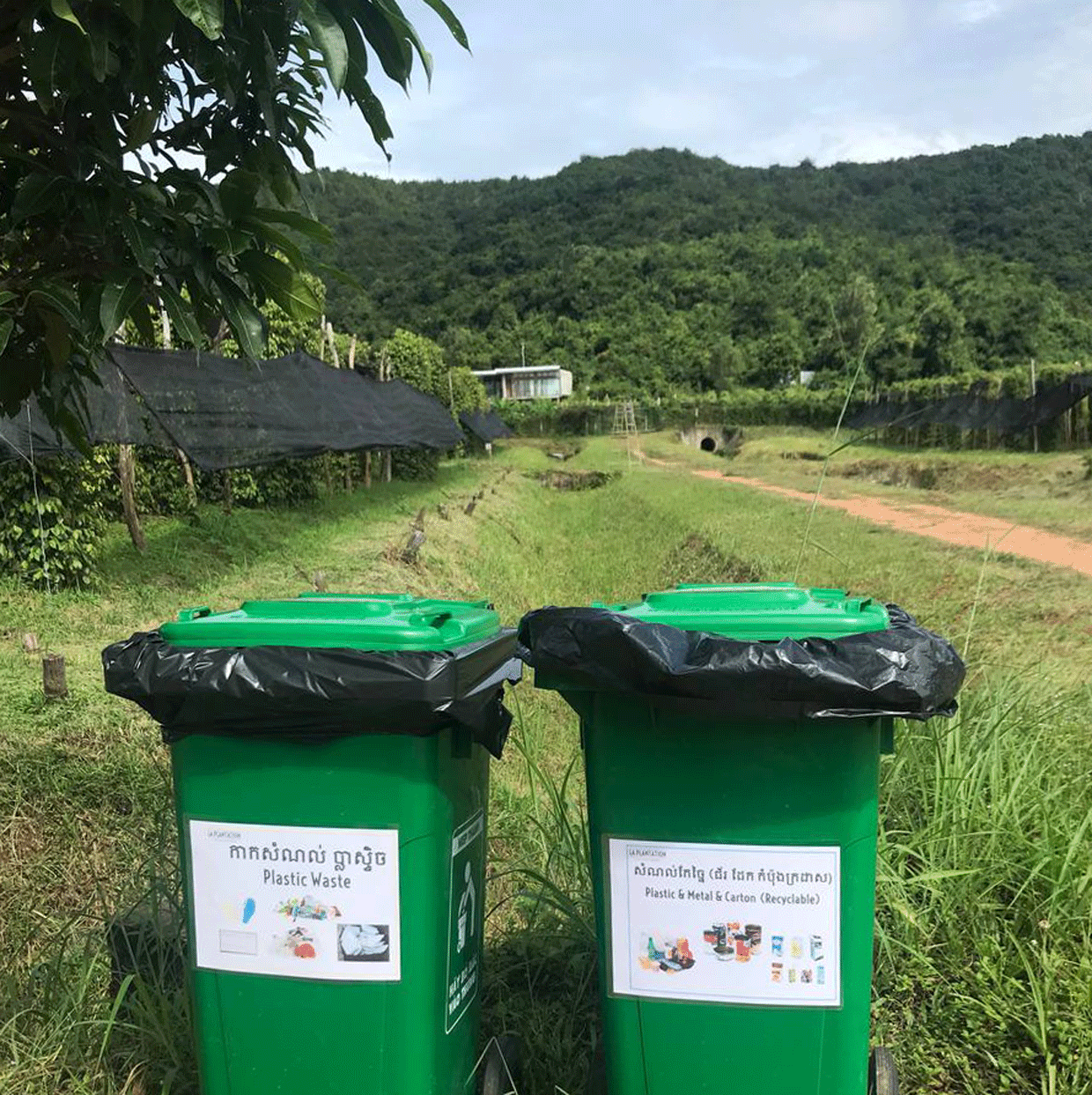
A protected environment
If you have visited La Plantation, you will have noticed that we have been working every day for almost 10 years to provide the cleanest possible environment. This is achieved by raising awareness, educating and training everyone involved: our employees, children, villagers, but also visitors and their drivers.
This waste management programme encompasses the 3Rs: Reduce, Recycle and Reuse
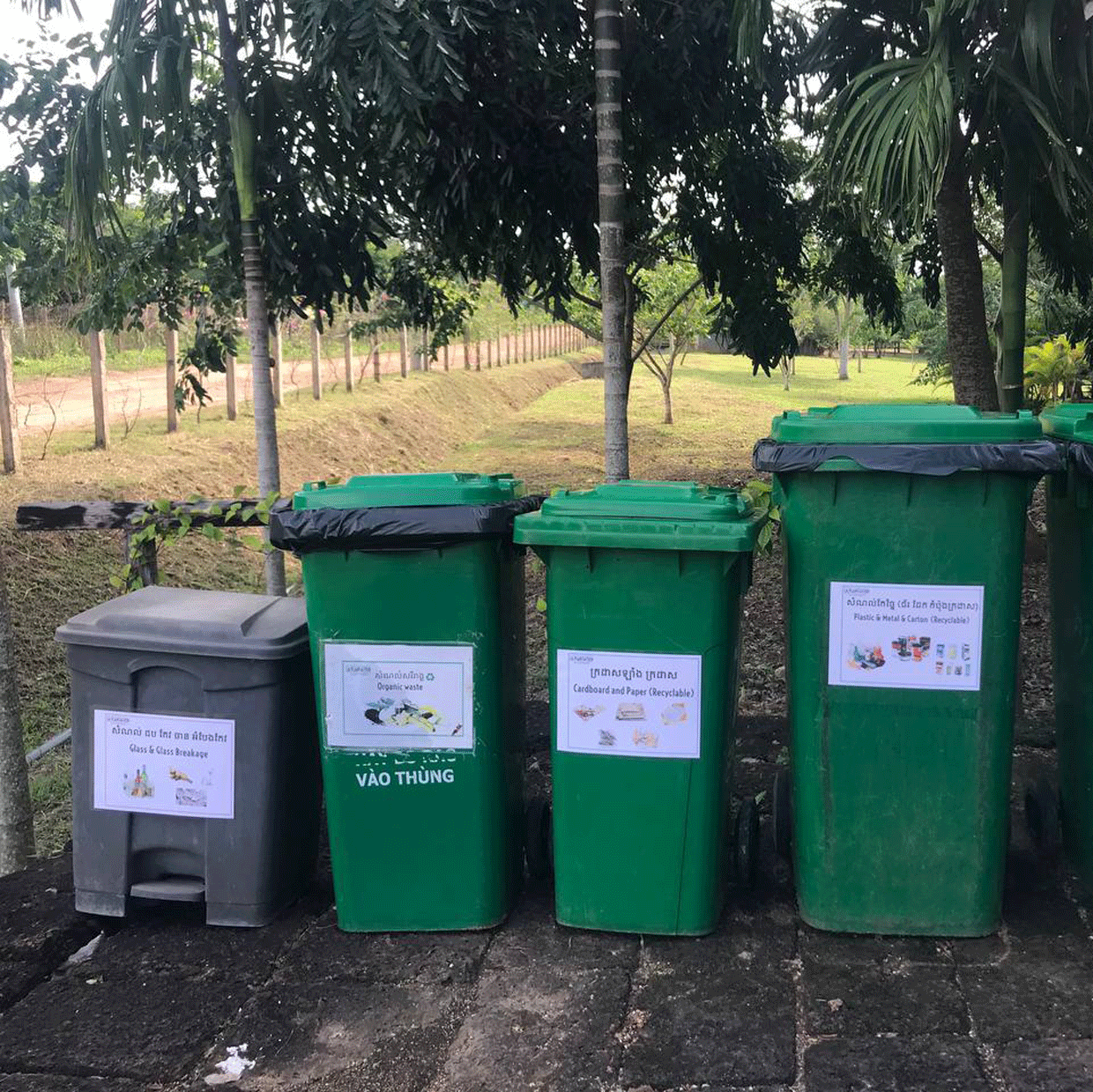
Step 1: Waste reduction
The first key step in reducing waste was to stop selling small plastic water bottles and instead offer our visitors water bottles to fill. Our farmers also have insulated water bottles so that they can keep their drinks cool throughout the day. This has allowed us to drastically reduce the volume of our plastic. We don’t offer take-away food, so there is no waste there either.
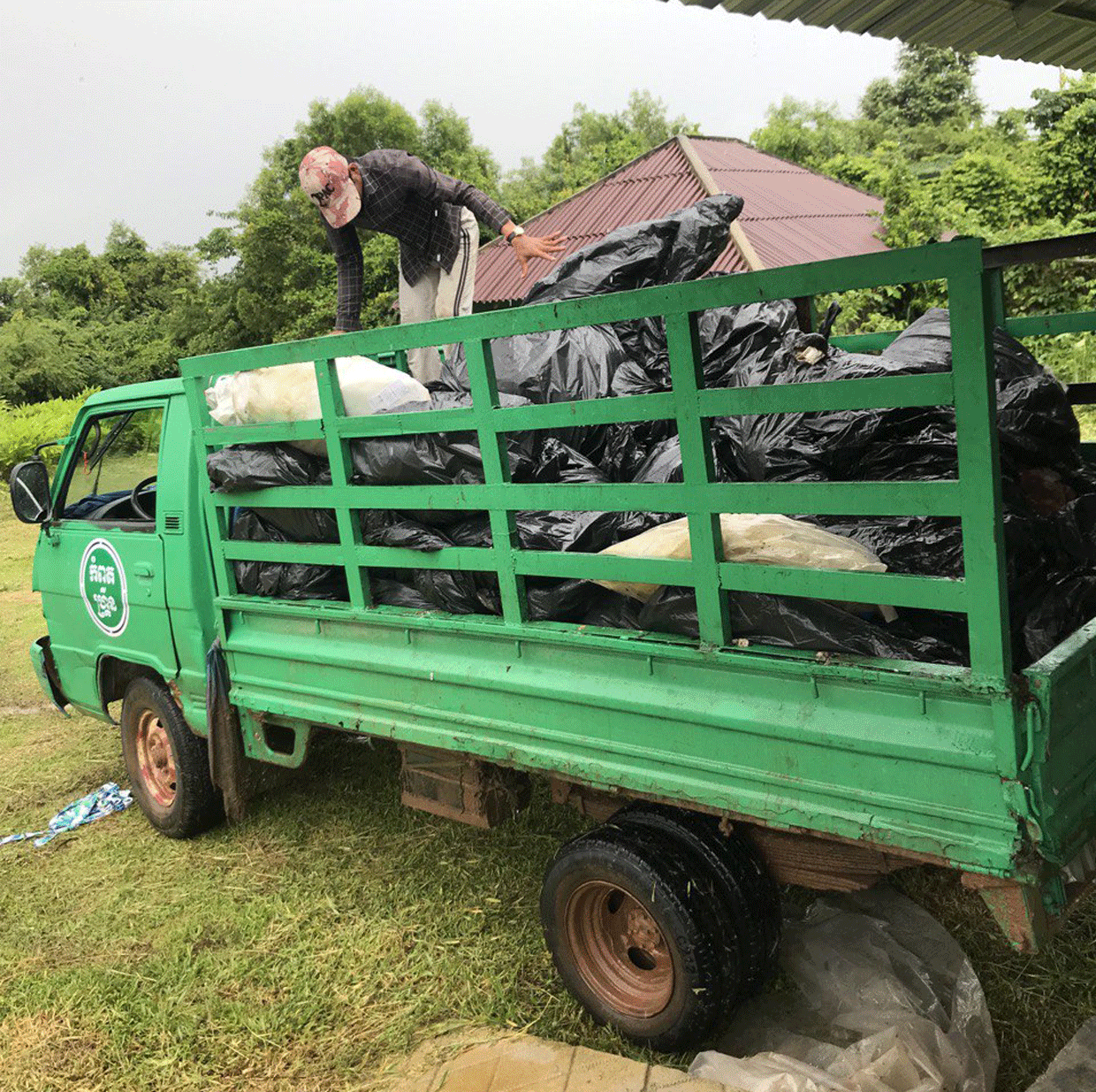
Step 2: Sorting and recycling waste
We then set up an extensive waste separation programme which started with real training. Explaining how long it takes for a plastic bag or a cigarette butt to be destroyed is very self-explanatory. To make our teams aware of the need to sort waste, we have placed containers all around the property and its production centres, with a large label in Khmer, English and with a statement reminding them of its use.
Among our waste, we can find :
- Drink cans. For these, no problem, they are collected empty by our employees and are bought back in the village.
- Food waste. When we feed more than 100 people, three times a day, this generates a lot of waste such as vegetable and fruit peelings and food scraps. All of this waste will be recycled in a composting programme. It is stored in our compost area for disintegration and will then be used as fertiliser to nourish our soil.
- Vegetable waste. Annual plants, weeds, hay, cut branches are also a valuable source for our compost.
- Cardboard, paper and plastic waste. They are separated and sold by the kilo to be recycled in recycling centres.
- Hazardous products or oils are brought back to Kampot to the recovery centre.
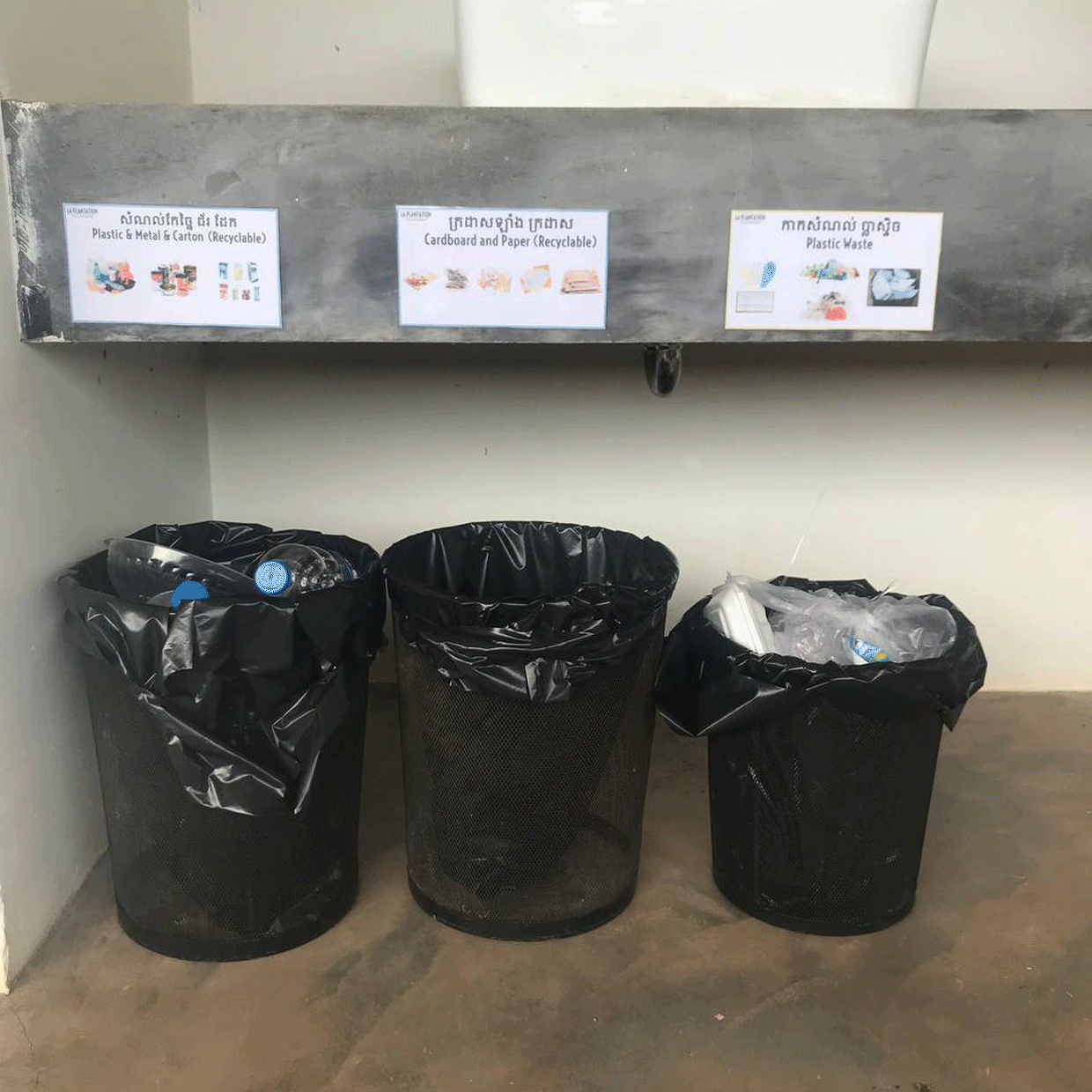
Step 3: Maximise reuse
We also try to reuse packaging for internal storage or packaging purposes whenever possible.
All these elements put together allow us to better protect our environment and avoid burning waste on the property as much as possible.
See you next week for a new article!
